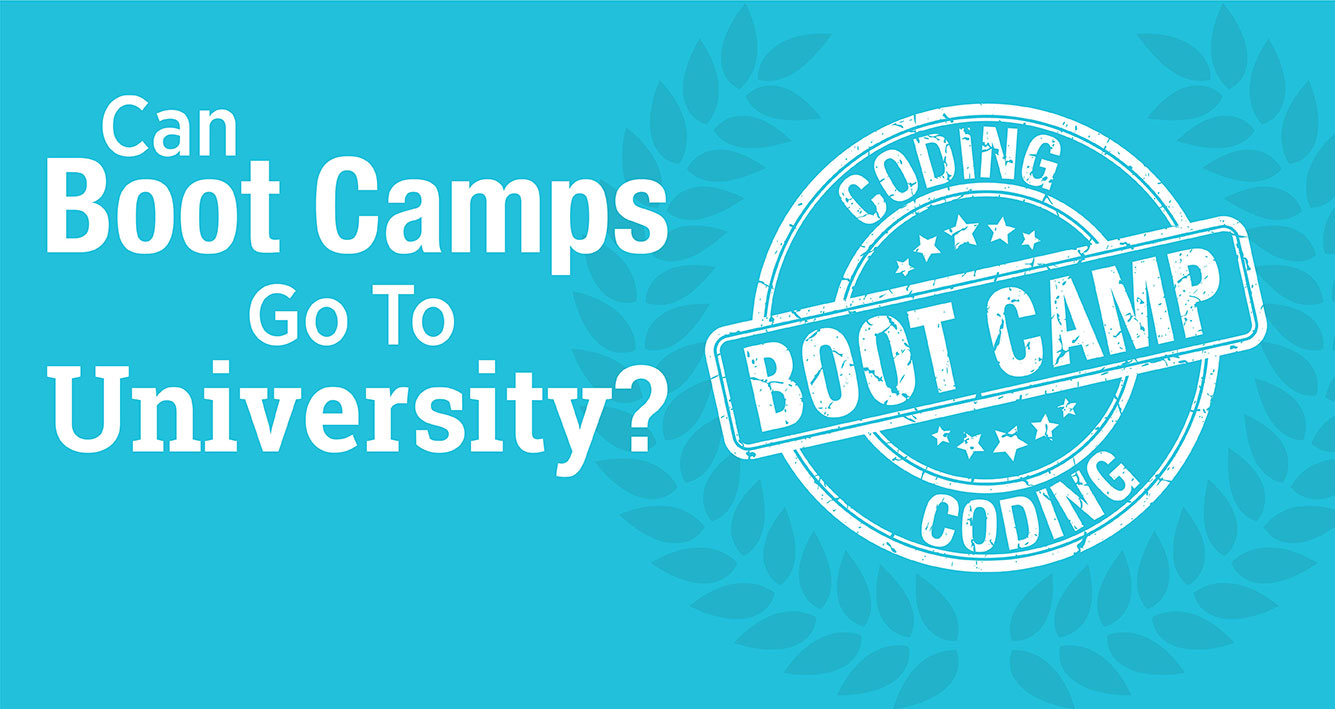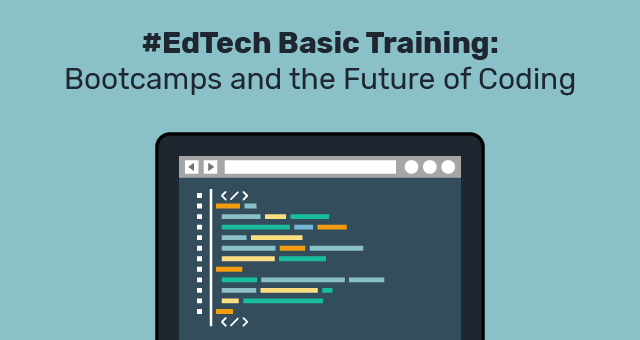Thinking about tech boot camps as a new revenue stream? We are.
If you've not already read last weeks post about Full On Armchair Recruiting with clear and supported guidance on what comes next for student enrollment, student experience and student services, well, we highly recommend it ; -) We've received a fair number of emails from your peers who found the advice highly valuable as they make plans for fall 2020 and beyond.
Here's the thing: given anticipated and imminent enrollment drops, new revenue sources are going to be really important.
With all the changes happening now and coming down the pike for academia, we want to continue to look forward and point the way for how your institution demonstrates its value and hopefully finds new revenue sources. Turns out, in this environment, thinking about new revenue streams has suddenly taken on a fevered pitch. That's a good thing. We LOVE innovation.
You and your colleagues have likely talked about the quick-hit education providers cropping up in the form of coding boot camps. We’ve been keeping an eye on these burgeoning businesses ourselves. After all, they’ve been sprouting like weeds over the past eight or so years.
Their aim is to teach practical skills to nontraditional students looking to enter or change careers or move up the professional ladder. Courses tend to use project-based learning to cover topics like full-stack web development, digital marketing, data analytics, UX/UI design, cybersecurity, cryptocurrency, blockchain and more.
Universities have seen this as a threat to their engineering and IT offerings. But are they truly threats?
Within the past few months, Michigan State University, George Washington University and the University of Toronto School of Continuing Studies each announced their own tech boot camp (or fintech) programs. There are others taking this direct competitive approach.
The trick for many universities is that their infrastructure is not necessarily set up to provide continuous, short-run programs. One challenge for boot camps is that their administrative infrastructure is slim and stuggles to support scaled growth. They also struggle with credibility. Will their certificates have value for the graduates over time?
Can you see where we’re going with this?
There’s an opportunity for a symbiotic relationship that can benefit students, local economies and your respective programs. Enrollment marketing, take note! Read on.
Read More


